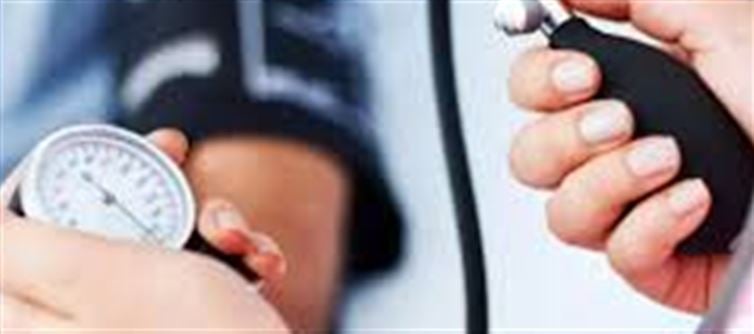
High blood pressure, also known as hypertension, is a silent condition that can gradually damage your body if left untreated. Often symptomless in the early stages, it’s crucial to recognize warning signs and understand its risks.
1. What Is High Blood Pressure?
· blood pressure measures the force of blood against the walls of arteries.
· Normal blood pressure is around 120/80 mmHg.
· Hypertension occurs when pressure consistently exceeds 130/80 mmHg, putting stress on your heart and arteries.
2. Early Symptoms to watch For
High blood pressure is often called a “silent killer” because many people show no symptoms. Some early signs may include:
· Frequent headaches or dizziness
· Blurred vision or eye discomfort
· Nosebleeds without a clear cause
· Shortness of breath or chest discomfort
· Fatigue or confusion
Tip: Even mild or occasional symptoms should not be ignored—regular monitoring is key.
3. Dangerous Effects on the Body
a) heart Damage
· Increases risk of heart attack, heart failure, and left ventricular hypertrophy.
· Forces the heart to work harder, which can weaken it over time.
b) Kidney Damage
· High pressure can damage kidney blood vessels, reducing their ability to filter waste.
· May lead to chronic kidney disease or kidney failure.
c) Brain and Nervous System
· Can cause stroke, cognitive decline, and memory issues.
· A sudden spike may lead to aneurysm or hemorrhagic stroke.
d) Eye Problems
· Damages delicate blood vessels in the eyes, leading to retinopathy or vision loss.
e) Artery Damage
· High pressure weakens and hardens arteries, increasing the risk of atherosclerosis and blood clots.
4. Prevention and Management
· Regular monitoring: Check blood pressure at home or at a clinic.
· Healthy diet: Reduce salt, processed foods, and saturated fats.
· Exercise regularly: 30 minutes daily can improve heart health.
· Stress management: Practice yoga, meditation, or deep breathing.
· Avoid smoking and limit alcohol consumption.
Bottom Line:
Ignoring high blood pressure can lead to serious complications affecting the heart, kidneys, brain, and eyes. Early detection, lifestyle changes, and timely treatment are essential to protect your health and prevent life-threatening outcomes.
Disclaimer:
The views and opinions expressed in this article are those of the author and do not necessarily reflect the official policy or position of any agency, organization, employer, or company. All information provided is for general informational purposes only. While every effort has been made to ensure accuracy, we make no representations or warranties of any kind, express or implied, about the completeness, reliability, or suitability of the information contained herein. Readers are advised to verify facts and seek professional advice where necessary. Any reliance placed on such information is strictly at the reader’s own risk.
.jpg)




 click and follow Indiaherald WhatsApp channel
click and follow Indiaherald WhatsApp channel